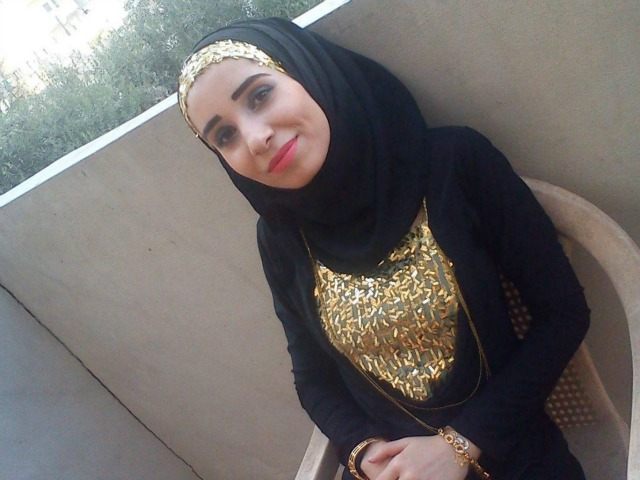Independent citizen journalist Ruqia Hassan was brutally executed by the Islamic State (ISIS/ISIL) on charges of “espionage” in the jihadist group’s de facto capital Raqqa, Syria, reportedly marking what has been described as the first capital punishment of a woman for reporting within the terrorist organization’s territory, according to fellow citizen journalists.
Hassan, a 30 year-old Kurd from Raqqa, is the fifth journalist focused on covering ISIS reported killed since October, according to the non-profit Syria Direct, self-described as a journalism organization that covers Syria and trains aspiring Syrian and American journalists.
Abu Mohammed, founder of the underground citizen journalism campaign called Raqqa is Being Slaughtered Silently, indicated that Hassan foreshadowed her death.
“I’m in Raqqa and I received death threats, and when ISIS (arrests) me and kills me it’s ok because they will cut my head and I have dignity it’s better than I live in humiliation with ISIS,” declared Hassan among some of her last words, according to the activist group’s founder.
Citizen journalists reportedly voiced solidarity with Hassan, a Kurdish journalist from Raqqa better known by her nom de guerre “Nisan Ibrahim,” discussing about her death on Facebook over the weekend.
Via her Facebook page, Hassan wrote about life under ISIS rule. The Islamic State, also known as IS, has imposed strict Islamic law, sharia, in the territory it has conquered.
Hassan “often reported on airstrikes in Raqqa as they happened,” Furat al-Wafaa from Raqqa is Being Slaughtered Silently, told Syria Direct.
“She participated in all of the revolution’s protests, from the earliest street demonstrations against the regime up until recent protests against IS,” noted the non-profit news outlet. “Ruqia continuously challenged IS and often reported on airstrikes on Raqqa as they happened. Her execution is the first time IS has carried out the death penalty against a female citizen journalist.”
Although it remains unknown specifically when the execution occurred, CNN, citing social media accounts of Raqqa-based citizen journalists, reported that Hassan was murdered sometime late in 2015.
Syria Direct pointed out that the fallen journalist’s “social media reporting abruptly stopped on July 21, 2015,” adding that “at some point between July and December, Hassan disappeared from Raqqa city.”
Hassan’s relatives were just recently informed by ISIS of her execution on alleged charges of “espionage.”
Citing Syrian opposition Arabic-language media, Syria Direct revealed that the journalist’s family learned of Hassan’s execution Monday.
“In one of her last posts, which was a response to an IS decision to ban Wi-Fi hotspots in Raqqa city, Ruqia showed a capacity for joking about the conditions citizen journalists work under in IS-held territories,” acknowledged Syria Direct.
“Go ahead and cut off the internet, our messenger pigeons won’t complain,” she reportedly posted on social medial on July 20.
Asked what ISIS seeks “to achieve from executing citizens and journalists who they accuse of working with foreign media,” Syria Direct responded, “IS always wants to keep the sword hovering over the people’s necks. They want their fighters and supporters to know that the Islamic State is capable of taking revenge against those who speak against them.”
CNN reported that Hassan came from a Kurdish family from the town of Kobane in Syria, along the country’s border with Turkey, adding that the family moved to Raqqa.
Syria Direct noted that Hassan took advantage of residing in a country where education was open to women, studying philosophy at the University of Aleppo.
“She wanted a free and democratic Syria, and joined opposition protests in Raqqa in 2011,” reported CNN. “Then ISIS arrived, and she had to go underground, as did so many activists for whom the ideals of the Syrian revolution were the opposite of what ISIS’ caliphate offered.”
ISIS is known for perpetrating atrocities, including beheadings, against journalists.
The France-based non-profit called Reporters Without Borders designated territories controlled by ISIS as the world’s most dangerous area for reporters.
In 2014, Syria was the deadliest place for journalists, followed by Eastern Libya where “carrying a camera or a press card takes a lot of courage,” according to the group. In third place was Balochistan, Pakistan. ISIS has established a presence in and around Syria, Libya, and the Afghanistan-Pakistan border region.

COMMENTS
Please let us know if you're having issues with commenting.